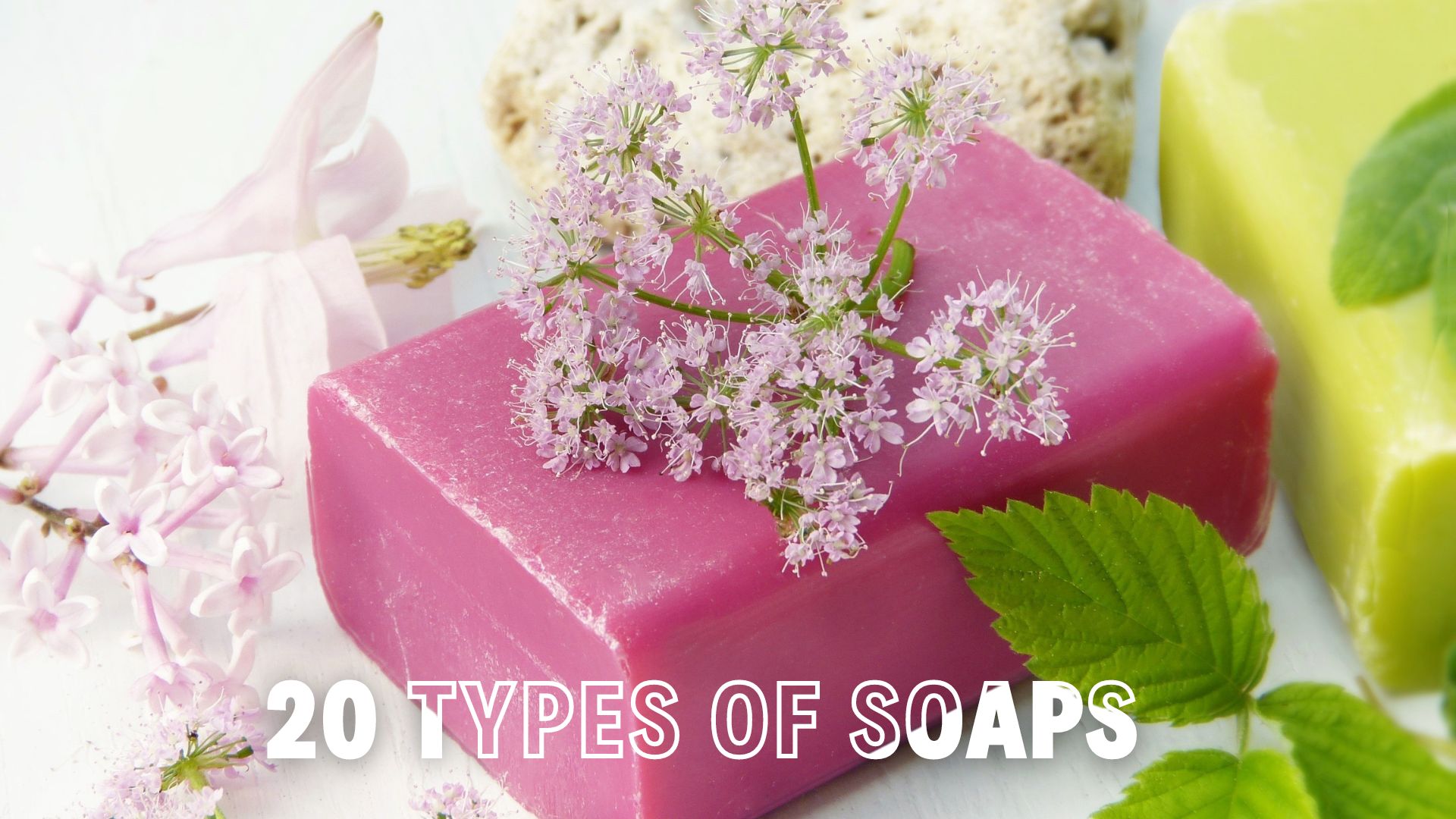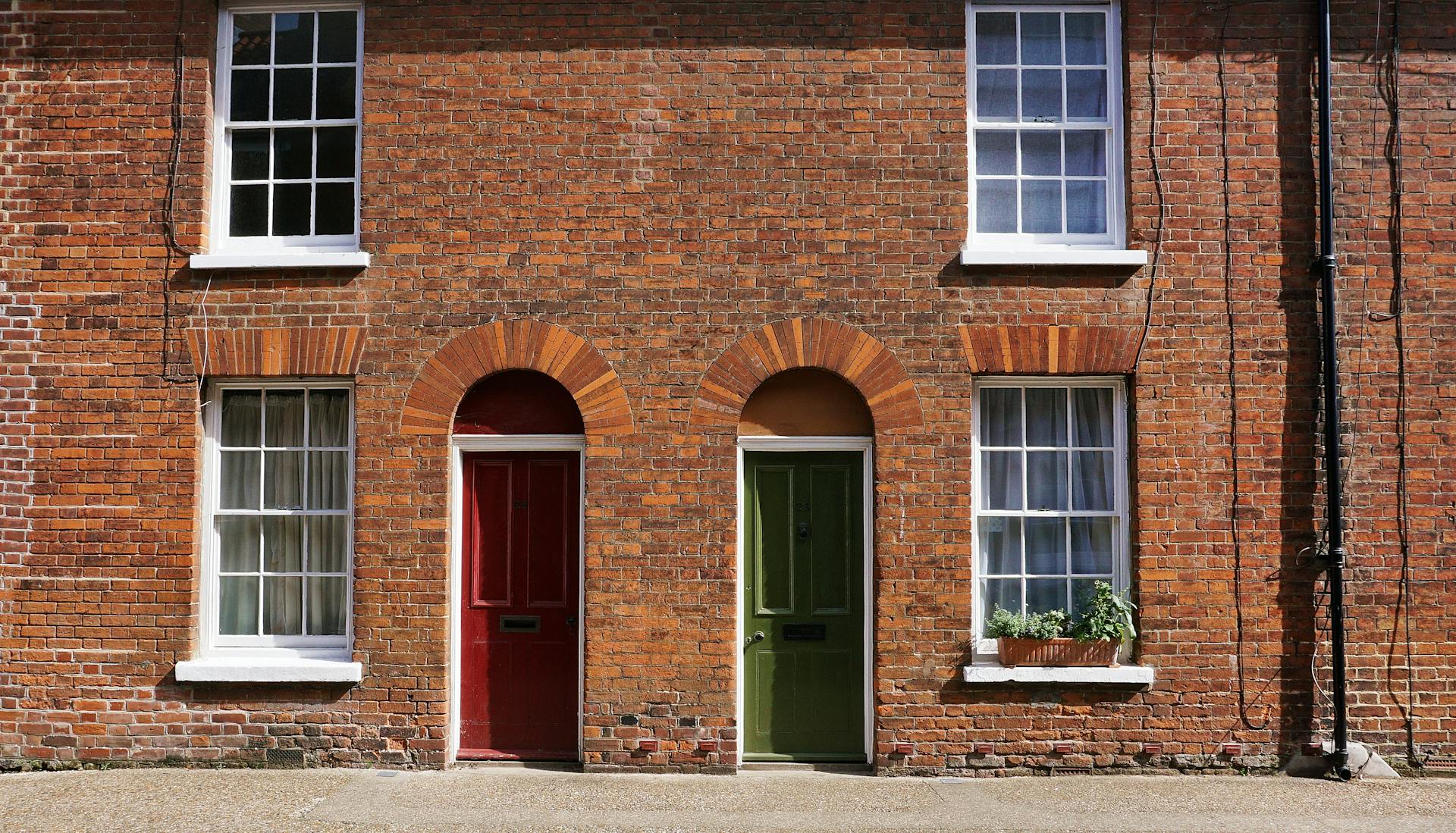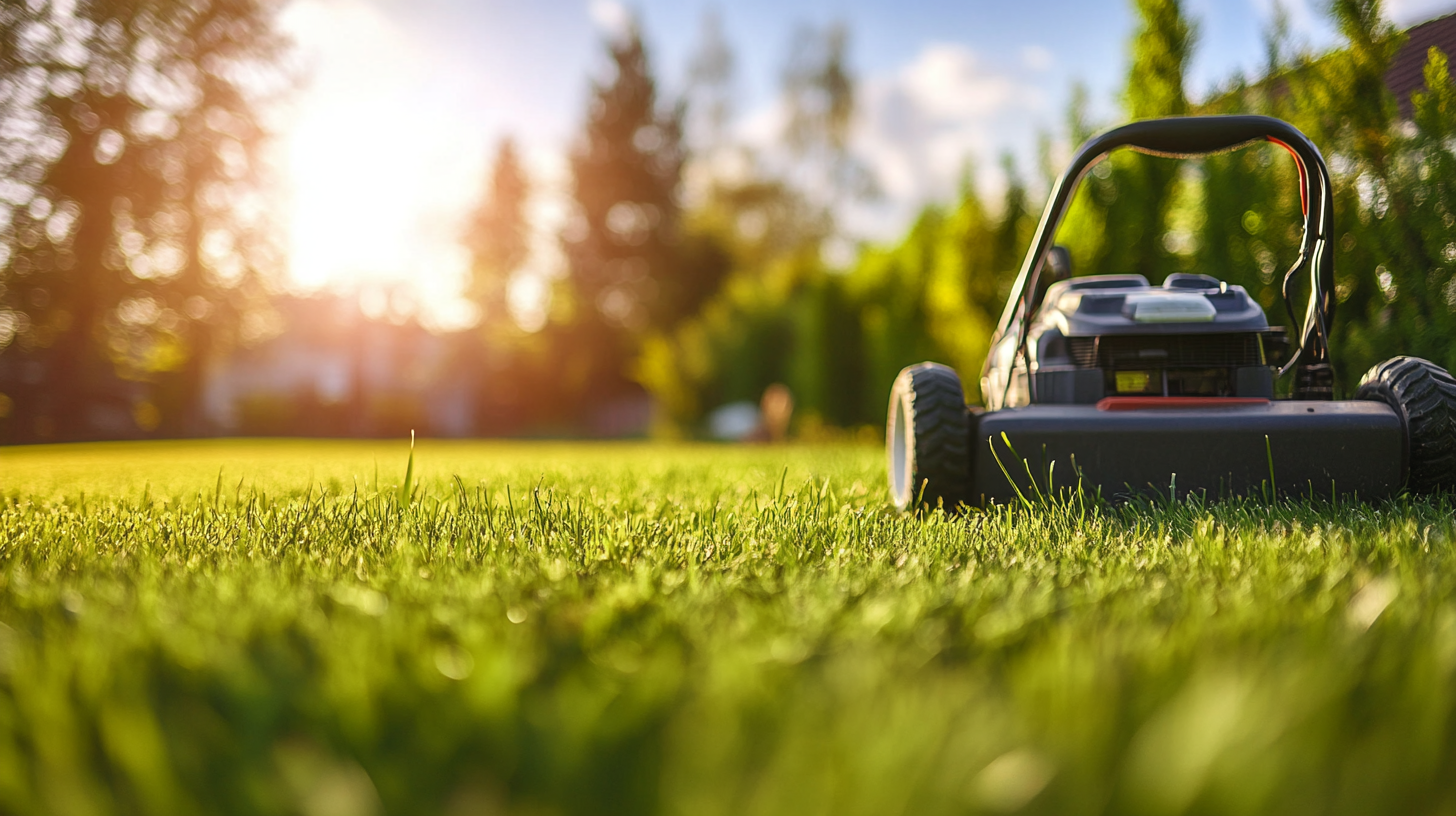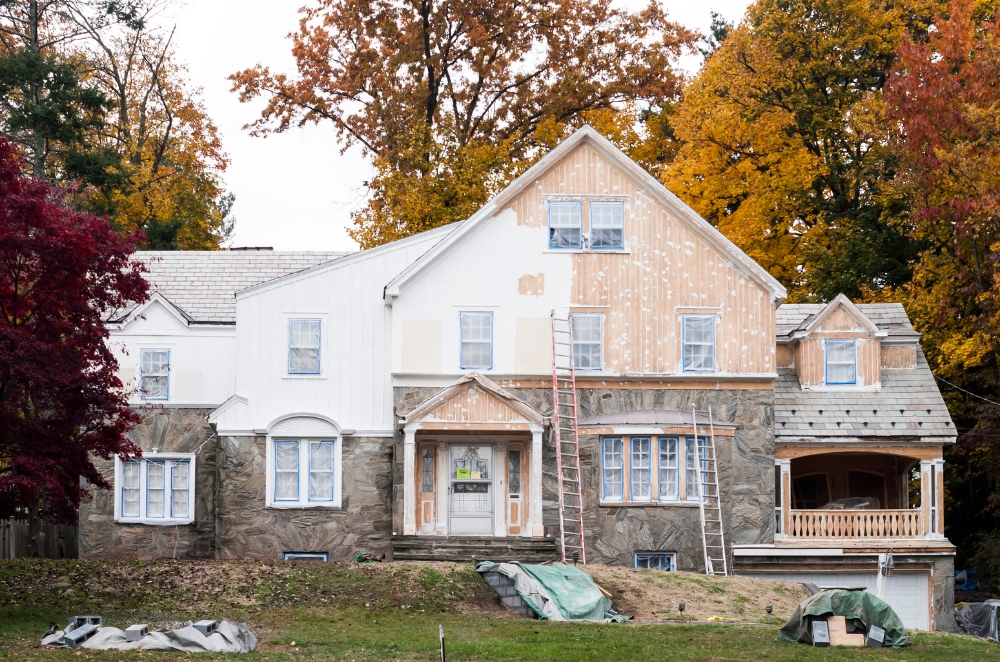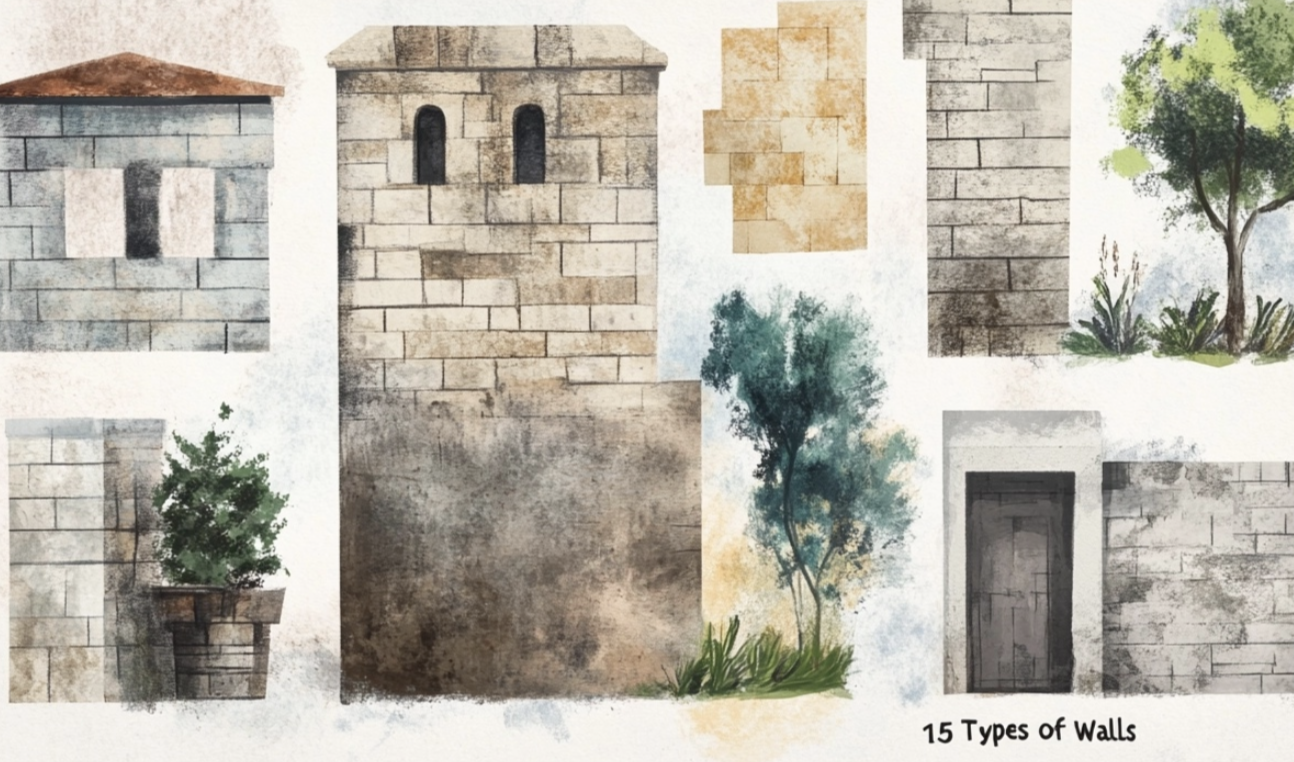
When was the last time you walked through a forest barefoot or woke up to the sound of robins singing their dawn chorus outside your tent? Has it been too long since you last explored a new trailhead or bathed in hot springs? Do you find that your mind often wanders to memories of mid-summer days spent in nature?
If it’s been some time since you last set out to explore the natural world without a plan, now might be the time to get outside. Taking a break in nature can help you heal and is the perfect way to refresh if you’re a highly sensitive soul.
You may find that spending time in nature helps you feel more resilient when you do return to your normal life. Even a quick break can be the perfect tonic if you’ve been feeling overstimulated, worn down, and are struggling to keep up with people’s expectations.
Nature and Mental Health
It should come as little surprise that spending time in nature is good for your mental and physical health. A wealth of research supports the notion that spending time in greenspaces comes with benefits like:
- Lower mental distress;
- Greater well-being;
- Higher cortisol levels, which are positively associated with happiness;
- Buffer to stressful events;
- Increased participation in physical activity.
These benefits underscore the reality that nature can be a release valve for highly sensitive people. Connecting with nature in your local park or backyard can help you feel at peace and may enhance emotions associated with happiness. It also gives you plenty of time to be alone, which may be crucial if you find that the world is a little overwhelming at times.
Incorporating nature into your routine can be easy, too. Rather than taking a week-long break in the foothills every time you feel overwhelmed, consider planning some micro-breaks in your yard or at a local public garden. Even a few minutes of alone time in nature can help you hit reset and reinforce your sense of self.
Forest Bathing

Finding ways to reconnect with nature is crucial if you’re a highly sensitive soul. Taking time to walk amongst the trees and watch the wind blow through their leaves can be deeply restorative and will help you put your best self forward when you return to work. However, you may struggle to justify long walks in the woods if you’re a busy professional with a family to care for.
Rather than demoting your own needs, consider practicing forest bathing. Forest bathing originates in Japan, where folks soothe themselves while walking and resting in nature. This minimizes your risk of becoming entirely overloaded with stress and helps you be more present in your daily life. Forest bathing is easy, too. If you’re interested in the idea, get started by:
- Scheduling some time to walk in a local forest or woodland and let folks know that you don’t have a timeframe for how long you’ll be gone.
- When walking, breathe deeply and notice your surroundings. What sights do you notice first? What can you hear if you close your eyes?
- Connect with the world by touching nearby leaves and feeling the wind or sun on your face. Try not to judge the weather, but take it in and appreciate it for what it is.
- Take stock of how you feel. Are you calmer than normal? Do you find it easier to breathe or think clearly?
You can bring these insights with you when you return to your normal life, too. If, for example, you find yourself stressed at work, consider dedicating some portion of your break time to mindfulness exercises that remind you of your time in the forest. This can help you calm down and better manage acute stress.
Some studies show that folks with depression may be particularly well-positioned to benefit from forest bathing. Researchers found that forest bathing reduces blood pressure, improves immune function, and enhances mood while helping to alleviate some of the symptoms of depression.
Backyard Breaks
In an ideal world, we’d all be able to spend uninterrupted hours basking in the sun or walking through quiet forests after work. However, in reality, you may only have a few moments to yourself before your kids start asking what’s for dinner or you need to head off to a family function. Rather than scrolling on your phone or watching TV, consider taking a quick break in the yard to improve your mental health and well-being.
You can get more from your time outdoors by redesigning your backyard. Get the ball rolling by researching environmentally friendly, sustainable designs that invite the natural world into your yard. This can put a premium on your wellness and will help you design curated areas to watch wildlife without disturbing birds, bees, or small mammals.
If your yard needs to serve multiple purposes, consider “zoning” it in ways that work for you. For example, if gardening helps you reset but you need to keep the kids entertained, think about cordoning off an area with fencing or hedging for your flower beds and vegetable plots.
This setup allows the kids to enjoy playing on the lawn while you take a moment to escape into your garden. Creating these designated spaces can enhance your outdoor experience that benefits your mental well-being, especially with some upgrades to your backyard sanctuary.
Exploring the Neighbourhood

Sometimes, your own home is simply too busy to give you the room you need to decompress after a busy day. If this is the case, consider slipping on some comfortable shoes and taking a walk around the neighborhood. Taking advantage of the benefits of living in a walkable neighborhood is crucial, as a quick walk can:
- Improve your cardiovascular fitness;
- Boost your mood and reduce stress;
- Help you get a better night’s sleep;
- Reduce traffic if you were going to drive to a park.
These benefits can be transformative if you’re used to lounging around after work and doomscrolling when you feel overwhelmed. A quick walk around the block can quickly boost your mental health and minimize your environmental footprint when compared to driving to a nature reserve.
Conclusion
Spending time outdoors is a great way to destress and heal from the mental pressure you are under as a highly sensitive soul. Even short walks around the neighborhood can be deeply restorative and help you find a way to hit “reset” if you’re feeling overwhelmed.
If you have a little more wiggle room in your schedule, consider setting aside some time for longer breaks like forest bathing. This can boost your mental well-being, improve your physical health, and help you become more resilient in the future.


